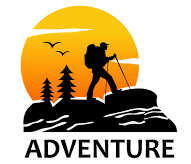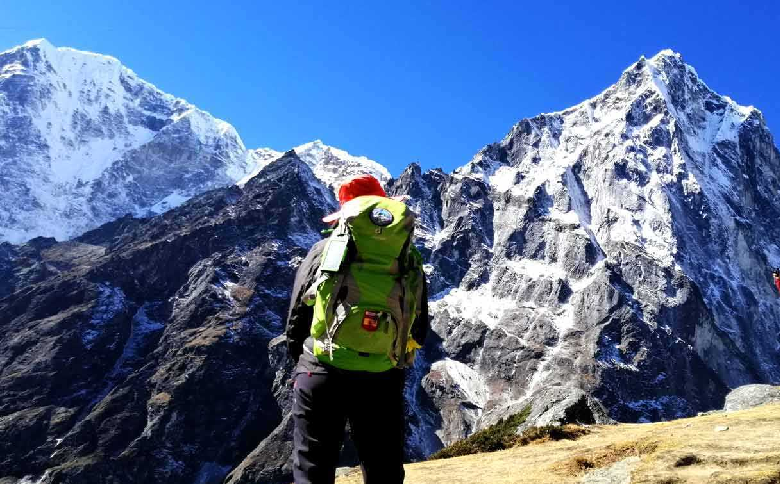It is not unknown that the Everest Base Camp trail provides one of the best breathtaking views in the entire world. Not just the destination but the whole journey from the very start to the end of the trip is really beautiful and it is obvious why trekkers would like to capture great pictures that would be a memory for them for a lifetime.
For actual photography professionals, it is an opportunity to showcase your skills capturing some of the most iconic views in the world, be it the snow capped mountains being hit by the golden sun rays in the morning or the red rhododendrons painting the forests red.
Doesn’t matter if you are an avid camera person or just a normal trekker wanting to take pictures for your memory or social media, this article got you covered!
We will take a look at photography tips for Everest trek or other treks in general!
Research
With the wide availability of social media platforms like tiktok, youtube, instagram, etc, you can easily research about the whole area beforehand.
You can research and find out about famous photography spots like viewpoints or sunrise and sunset spots, you can research about various trails and paths, and can choose from which you think is comfortable for you to capture.
You should research about the perfect kind of cameras and gears that you can use in your journey.
Choose the Right Camera
While it is reasonable why you want to get the best photos with the best cameras, keep in mind that cameras are an additional weight to you and it can hinder your comfort of the trip.
You might wanna get DSLRs as they have a great camera quality but they can be heavy and if you are struggling to climb the trail, the least you should be caring about is heavy cameras.
Your choice of camera should be aligned with your skills in photography and your comfort level.
Learn to Use Equipments
Well, the most common kind of cameras used for this is the inbuilt phone cameras and nothing wrong with it. In Fact it is easier to use inbuilt cameras as you are already familiar with your phone and it does not add extra weight.
But if you want to go a level further and use professional cameras, then make sure you learn about its features and operation, so that you are not put on the spot during the trek. Familiarize yourselves with the equipment and its heaviness.Understand at least the basics of exposure, shutter speed, ISO etc
Protect Your Gears
While you are on a trek, you have to take care of your belongings and protect them. The altitude up there is cold and sometimes it can rain without warnings.
You should learn how to protect your gears. Maybe use waterproof cases to carry them, carry them in a cushiony bag, use lens filters and hoods to protect your lenses from dirt, mud and moisture. Especially from scratches.
Carry extra batteries as it can drain easily and you might not find such resources up there.
Understand the Region
You might be an expert in color grading and fixing lighting of photos in the after process but remember that the Everest region offers some of the best lighting and settings you will ever see in your life.
The golden hours in the mornings and sunsets, the dramatic foggy effect, all of this adds up to you getting some of the best pictures of your life.
That is why it is important to understand the region and how its natural beauty can be captured in your photographs.
Capture the Locals
No doubt that looking back at the pictures of majestic Himalayas will be a great memory but what will also be great is looking back at the pictures of the locals that you immersed culturally with.
The beautiful Sherpa villages with colorful prayer flags and majestic monasteries and temples provide you a lot of subjects to capture. Use your photography skills wisely and of course ask for consent before you capture another human being.
These were some of the major tips that will help you get great photos in your next trip but remember to research more!

